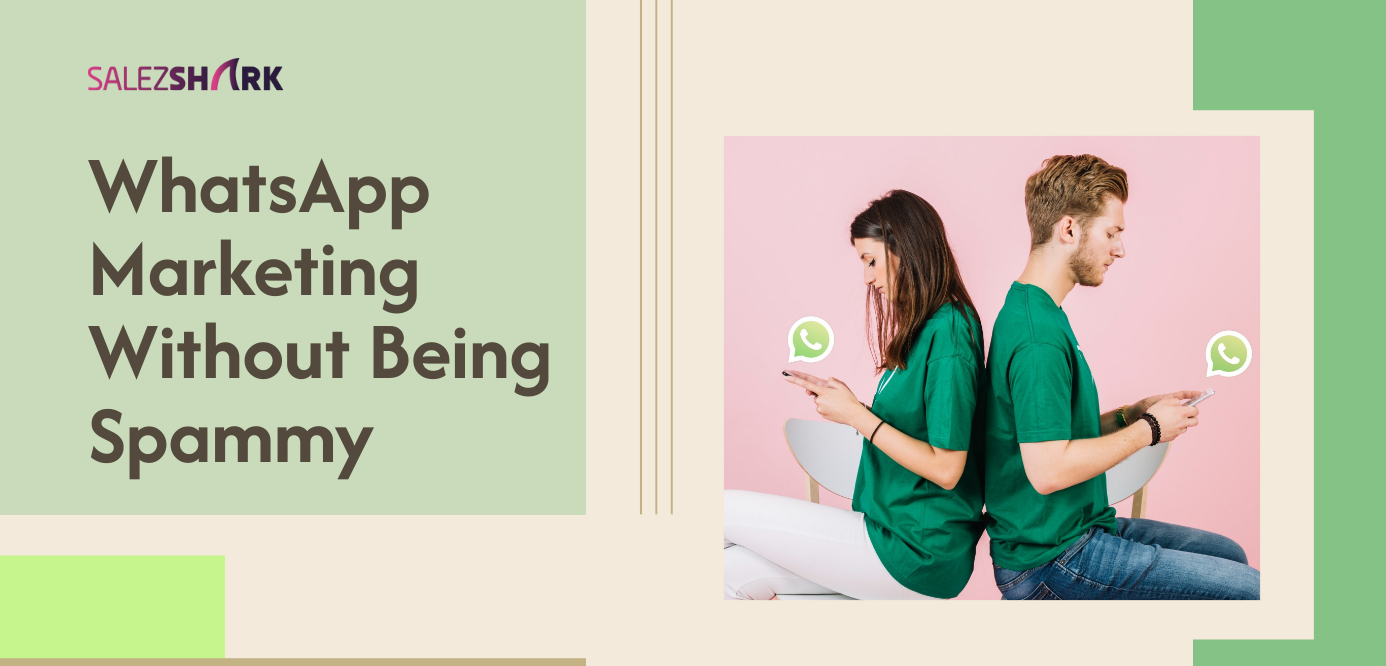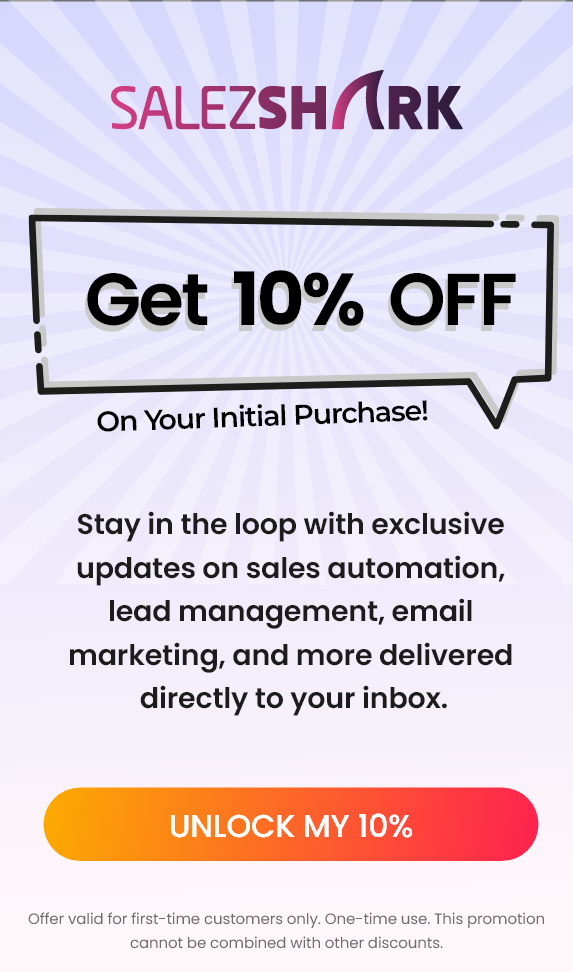When we think about reaching customers in today’s world, WhatsApp has become one of the most powerful tools. Almost everyone uses it daily, whether for chatting with family, friends, or even businesses. That’s why companies are turning to WhatsApp Marketing to connect with their audience directly.
But here’s the problem—many businesses do it wrong. They send bulk messages, forward random offers, and end up annoying customers. That’s not marketing, that’s spamming. And in 2025, people are more aware than ever. If they feel your message is spam, they block you instantly.
So, how do you use WhatsApp smartly to nurture leads and build long-term relationships without crossing the line? Let’s break it down in very simple terms.
Why WhatsApp Marketing Matters in 2025
WhatsApp has over two billion users worldwide, and in India alone, it’s the most used app for communication. Customers trust it more than emails or SMS because it feels personal.
For businesses, this means you can reach potential leads where they’re most active. But instead of pushing them with hard sales messages, the right approach is to nurture leads—to guide them slowly from awareness to trust, and finally, to becoming paying customers.
This is why WhatsApp Marketing is not about selling directly, but about building meaningful conversations.
The Common Mistake: Being Spammy
Let’s be honest, we’ve all received those irritating messages like:
- “Buy now, 50% discount today only!!!”
- “Forward this message to 10 friends and win a free gift.”
These messages feel pushy and impersonal. Businesses that use this method don’t build trust—they lose it. If you want real results, you need to stop treating WhatsApp as just another place for mass messaging.
The 2025 Rules for WhatsApp Marketing
Here are some simple but powerful rules to follow if you want to nurture leads on WhatsApp without being spammy.
1. Always Get Permission First
Never add someone to your WhatsApp business list without asking. It’s like entering someone’s home without knocking. Always get clear permission.
Example: When a customer buys from your website, ask them if they’d like to receive updates on WhatsApp. Those who say yes are already interested.
2. Provide Value Before Selling
People don’t come to WhatsApp to be sold to. They come to chat and get information. Use your messages to educate, inform, and support before asking for a purchase.
Example: If you run a travel company, instead of sending “Book your trip today,” share helpful tips like “5 hidden beaches in Goa you should visit.” That way, customers see you as helpful, not pushy.
3. Personalize Every Message
Generic messages don’t work. WhatsApp is a personal platform, so your messages must feel personal too.
Example: Instead of saying, “Hello customer, check our new product,” say, “Hi Rohan, based on your last purchase, we thought you’d love this new offer.”
4. Use WhatsApp for Customer Support
One of the best ways to nurture leads is by solving their problems quickly. WhatsApp is perfect for fast, two-way communication.
Example: If a customer has a query about your software, they shouldn’t have to wait days for an email reply. With WhatsApp, you can answer in minutes and build trust instantly.
5. Don’t Overload with Messages
Too many messages can irritate people. A good rule is to send only when you have something valuable to share. Quality is better than quantity.
Example: Instead of sending three promotional messages a day, send one weekly update that truly matters to your customer.
6. Use Multimedia Smartly
WhatsApp allows you to send images, videos, PDFs, and even voice notes. Use them wisely to make your communication engaging.
Example: A fitness brand can share a short video workout tip instead of just writing “Stay healthy.” Visual content feels more genuine and useful.
7. Segment Your Audience
Not all customers are the same. Some are new leads, some are repeat buyers, and some are just curious. Send different messages to different groups.
Example: New leads might get a “Welcome” message, while existing customers could get loyalty rewards. This makes your communication more relevant.
Real-Life Example
Imagine you own an online bookstore. Here’s how you can use WhatsApp Marketing without being spammy:
- Ask new buyers if they’d like updates on WhatsApp.
- Share book recommendations based on their interests.
- Send a short voice note from an author promoting their latest book.
- Offer special discounts only for WhatsApp subscribers.
- Ask for feedback on their reading experience.
This approach feels personal, helpful, and genuine—exactly what customers want.
The Benefits of Smarter WhatsApp Marketing
By following these rules, here’s what you gain:
- Higher trust: Customers feel respected and valued.
- Better conversions: Leads are more likely to buy when they feel nurtured.
- Stronger relationships: Customers stick with brands that communicate well.
- Less wasted effort: You focus on quality leads instead of blasting random messages.
In short, treating WhatsApp as a relationship-building tool instead of a sales megaphone helps your business grow steadily.
How SalezShark Connect+ Can Help
Managing WhatsApp leads manually can still be tough. That’s where smart tools come in. SalezShark Connect+ Software is more than just an email marketing tool—it can also help you with WhatsApp outreach in a professional and non-spammy way.
Here’s how:
- It allows you to segment your audience and send targeted WhatsApp messages.
- You can automate follow-ups so no lead is left behind.
- It integrates WhatsApp with email campaigns, making your marketing seamless.
- It ensures compliance, so you don’t break rules while using WhatsApp for business.
With SalezShark Connect+, you can scale your WhatsApp Marketing efforts while still keeping the personal touch that customers love.
Final Thoughts
WhatsApp is no longer just for chatting with friends. It’s a powerful platform for businesses to connect with leads and customers. But the difference between success and failure lies in how you use it.
If you treat it like a spam machine, people will block you. But if you treat it as a relationship-building channel, you’ll see long-term success. In 2025, the golden rule is simple: respect your customers’ time, provide value, and personalize your approach.

